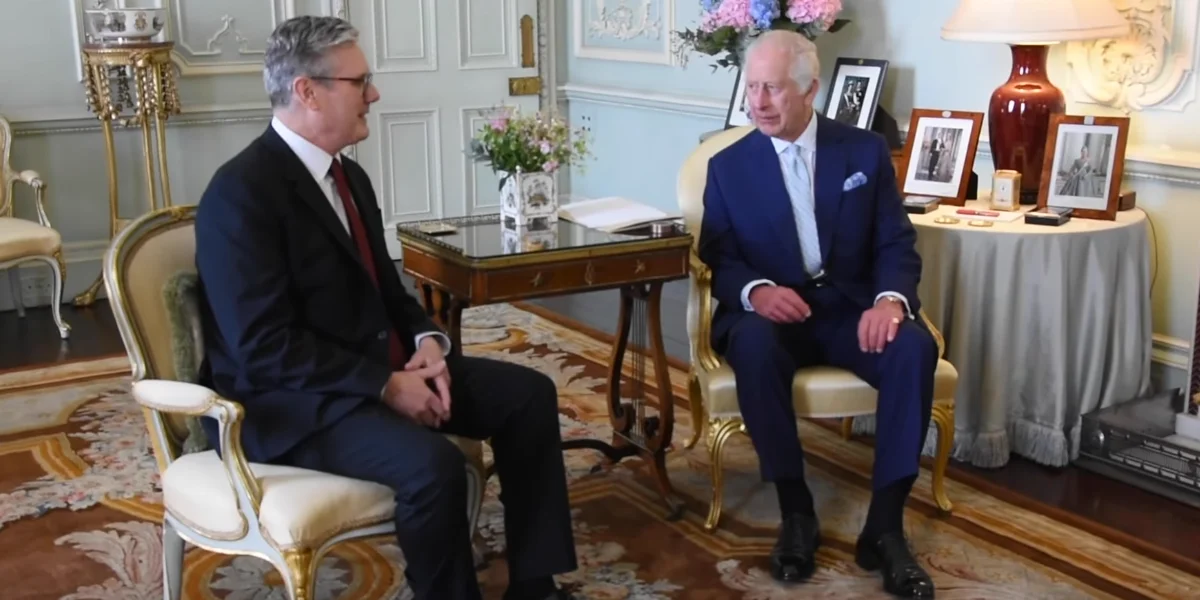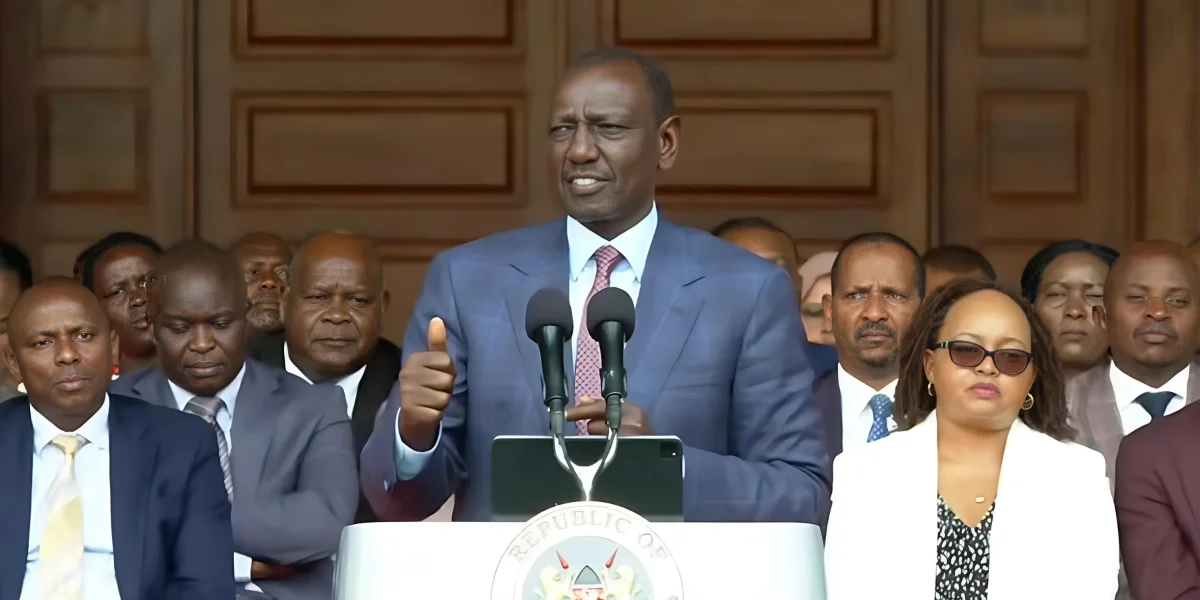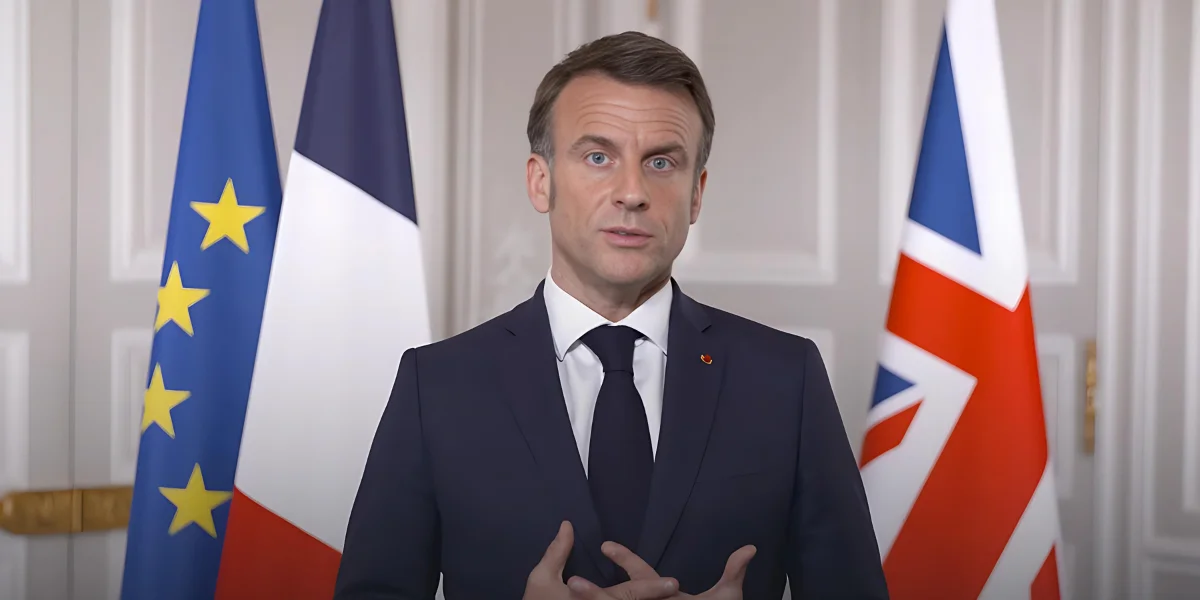Keir Starmer names senior cabinet positions after Labour's stunning election victory

Keir Starmer became the new Prime Minister after his Labour Party achieved a landslide victory in the UK general election, ending the Conservative Party's 14-year reign under Rishi Sunak. Labour easily surpassed the 326-seat threshold in the 650-seat Parliament, leading Sunak to concede.
Shortly after meeting King Charles III at Buckingham Palace, the 61-year-old politician assumed office as Britain's 58th Prime Minister.
“A mandate like this comes with a great responsibility,” Starmer acknowledged in a speech to supporters, saying the fight to regain people’s trust after years of disillusionment “is the battle that defines our age.”
Speaking as dawn broke in London, he said Labour would offer “the sunlight of hope, pale at first but getting stronger through the day.”
Wasting no time, Starmer appointed Rachel Reeves as Britain's first female finance minister and Angela Rayner as his deputy.
Reeves, 45, a former Bank of England economist, used her time in opposition to mend relations with the business community strained under former Labour leader Jeremy Corbyn and to assure voters that the party could be trusted with their finances.
Starmer named David Lammy as the new foreign minister and John Healey as defense minister, while Yvette Cooper became interior minister, known as home secretary, overseeing domestic security and policing.
Wes Streeting was appointed health minister, overseeing Britain's struggling National Health Service (NHS), a key issue for voters ahead of the election.
Ed Miliband, a former Labour Party leader, was appointed energy security and net zero minister, while Jonathan Reynolds became the new business minister.
Shabana Mahmood was named justice minister, and Bridget Phillipson was appointed education minister.
In the swift choreography of British politics, Starmer took charge at 10 Downing Street shortly after Conservative leader Rishi Sunak and his family left the official residence, and King Charles III accepted his resignation at Buckingham Palace.
Sunak, who retained his parliamentary seat, acknowledged the public's anger and took responsibility for his party's defeat in the elections.
“This is a difficult day, but I leave this job honored to have been prime minister of the best country in the world,” Sunak said in his farewell address.
Sunak had conceded earlier in the morning, stating that voters had delivered a "sobering verdict."
With results declared in over half of the constituencies, Labour won 412 seats, while the Tories were a distant second with 120 seats, a sharp decline from their 365 seats in the 2019 election.
The Liberal Democrats secured 71 seats, the Scottish National Party won nine seats, and the right-wing Reform UK, led by Brexit champion Nigel Farage, won four constituencies.


